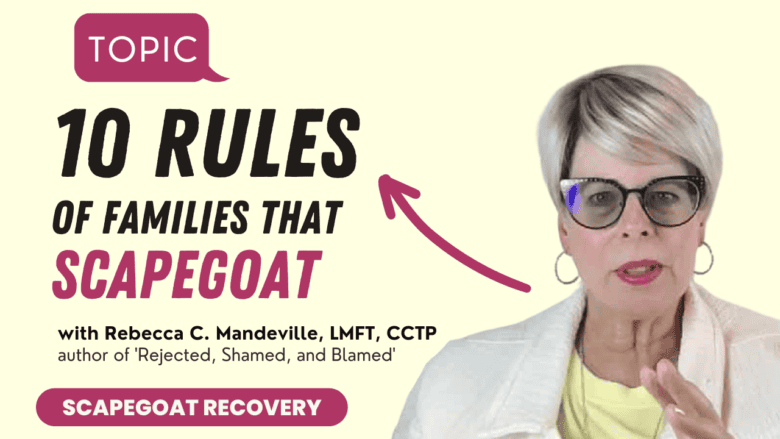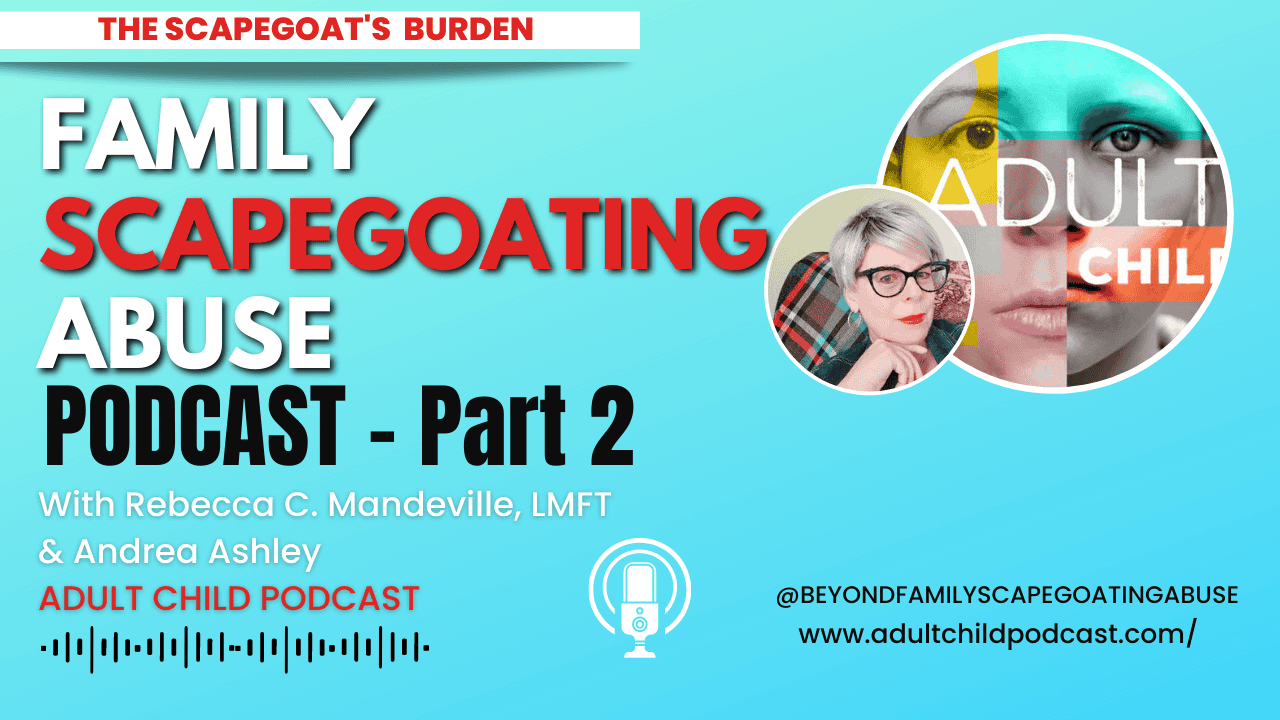Why This Key Malignant Narcissist Trait Can Fool Scapegoat Survivors
Adult Survivors of Family Scapegoating Abuse (FSA) who are also Empath-types can be particularly vulnerable to the manipulative tactics of the malignant narcissist. In today’s article, I share a key trait that a malignant narcissist exhibits that can draw vulnerable FSA adult survivors into their deadly web – a trait that defies commonly held beliefs about narcissism.




